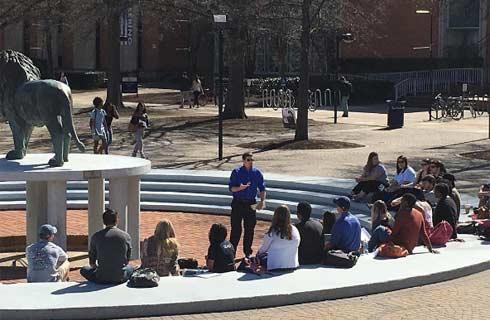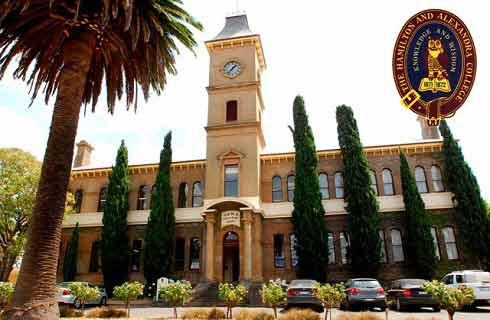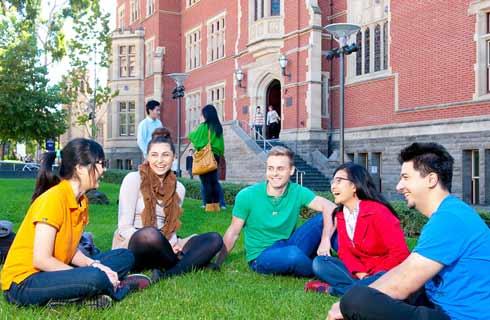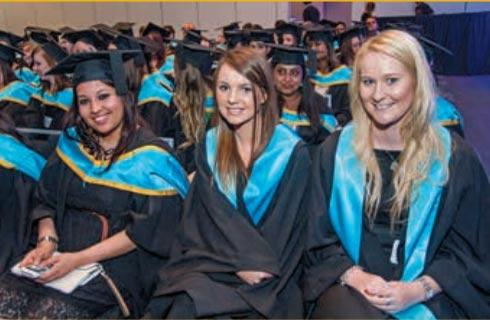国际学生入学条件
Applicants to the M.Eng. program must have a baccalaureate degree (bachelor's degree) in an area of engineering, physical science or biological science with a strong preparation in mathematics and physics. They should have introductory-level knowledge of biochemistry, chemistry, microbiology, organic chemistry, physics, statistics and computer programming plus a working knowledge of calculus and differential equations. Course work or experience in biological or environmental engineering is desirable but is not required.
Official transcripts: Official transcripts of undergraduate and graduate studies (if applicable) should be scanned and uploaded into the online application as part of the submission process. For students who are subsequently admitted and accept the offer of admission, a formal paper transcript will be required prior to matriculation.
Applicants with a cumulative undergraduate GPA greater than 2.7 may be admitted directly by decision of the BEE graduate field. Students with a cumulative GPA between 2.5 and 2.7 may be admitted conditionally by recommendation of the field and approval of the College of Engineering Master of Engineering Committee. (The GPA values are based on a 4.3 scale.)
Applicants may be admitted with science and engineering degrees that are relevant to research programs in the graduate field of Biological and Environmental Engineering. It is expected that master of engineering candidates who do not have a comprehensive background in engineering will use the program as an opportunity to reinforce their understanding of core topics and expand their breadth of knowledge in the field by enrolling in appropriate advanced undergraduate courses. Candidates develop their course plan together with their M.Eng. faculty advisor.
all Graduate School Requirements, including the TOEFL Exam or IELTS Academic Exam for non-native English applicants
Letters of recommendation
resume
Statement of purpose
Personal Statement (see description here)
Transcripts
GRE scores NOT REQUIRED
Applicants must meet or exceed the minimum on the Internet-based test - Writing: 20; Listening: 15; Reading: 20; Speaking: 22. Applicants must receive an overall band score of 7.0 or higher for the IELTS exam.
展开
IDP—雅思考试联合主办方

雅思考试总分
7.0
- 雅思总分:7
- 托福网考总分:77
- 托福笔试总分:160
- 其他语言考试:NA
CRICOS代码:
申请截止日期: 请与IDP联系 以获取详细信息。
课程简介
This vital, growing field is where engineering practice meets the principles of life sciences and engineering to create solutions for severe and growing environmental challenges. Biological and environmental engineers work toward practical, sustainable solutions to a wide variety of human health and environmental challenges.<br>Soil & Water Engineering involves the interactions of species with each other and with their environment. The interactions may be affected by environmental contaminants and/or may be used by humans for productive purposes.<br><br>Large-scale microbial processes such as composting use mixed cultures in stable or sequential consortia determined by their environments. Even large industrial bioreactors producing enzymes, fuels and antibiotics effectively operate as ecologies rather than pure cultures due to genetic drift and low-level contamination. Biological processes in nature such as nitrogen fixation, and those designed by humans to work with nature such as habitat restoration, bioremediation, green walls for air, and integrated pest management, involve interactions among species ranging in scale from microbes to redwoods. Engineers focusing on microbial and ecological systems study these interspecies interactions, design them into systems which produce useful products and preserve the environment, and monitor ecosystems to preserve their stability in the face of population growth and climate change.
展开







 预科
预科 奖学金
奖学金 实习机会
实习机会 在校学习
在校学习 跨境学习
跨境学习 校园授课-线上开始
校园授课-线上开始 在线/远程学习
在线/远程学习














 曼尼托巴大学
曼尼托巴大学

 阿尔伯塔大学
阿尔伯塔大学

 不列颠哥伦比亚大学
不列颠哥伦比亚大学

 不列颠哥伦比亚大学
不列颠哥伦比亚大学

 萨斯喀彻温大学
萨斯喀彻温大学

 麦吉尔大学继续教育学院
麦吉尔大学继续教育学院









 美国
美国